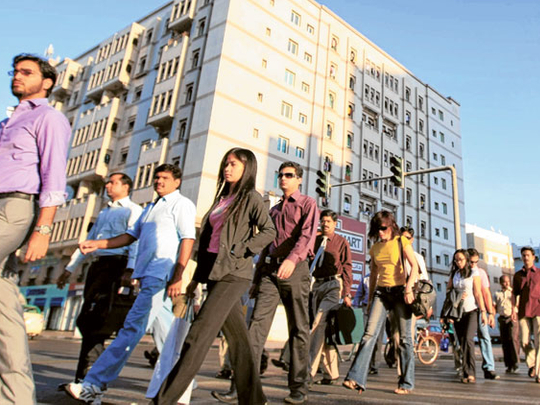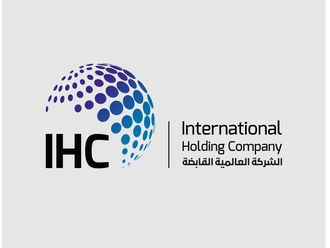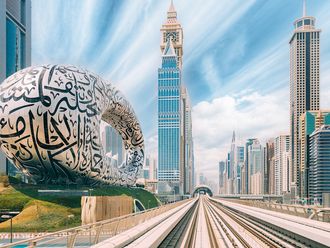
By the end of the October, the world's population will reach seven billion people, a figure that is expected to swell to nine billion by 2050 due to rapid population growth.
This will bring about social and economic changes that will have significant implications for the structure of societies across the world, including Arab countries, which suffer from problems related to their limited natural resources, especially the scarcity of water.
These new developments will change the world's demographic map, and as a result there will be societies that get old and are dwarfed by emerging and young ones. .
The number of people aged 65 in developed countries will exceed 20 per cent after 40 years, compared with 13 per cent of people under the age of 15.
As for developing countries, the situation will be reversed. The people over 65 will reach approximately 5 per cent, compared with 40 per cent of people under the age of 40. This will lead to more waves of migration from developing countries, especially from Asia and Africa.
The pressure on natural resources, agriculture, and water and energy resources constitutes a real problem, because of the rapid depletion of these resources, which may lead to the outbreak of new wars.
Although this problem is not new, it was addressed by some scientists since the end of the 18th century, it is getting more acute due to the health care that led to increasing average life expectancy to over 80 years in developed countries.
Oil countries are facing a complicated population problem. In addition to natural population growth, high growth rates has caused the size of the expatriate population to swell. This has placed four Gulf nations top on the list of countries with high population growth rates. According to UN data, the population growth reached 11 per cent in Qatar, 9.1 per cent in the UAE, 6.7 per cent in Bahrain and 3.6 per cent in Kuwait.
The population of GCC countries is projected to reach 55 million people by 2020, compared to 34 million people at present. GCC states are among top countries with high life expectancies according to UN figures, thanks to health care and high living standards.
There is a similar surge in public utility services, such as electricity, water, health and education, which doubles every ten years due to rapid population and economic growth rates. GCC countries allocate huge allocations in their annual budgets to meet a growing demand for services.
Remarkable progress
Although some countries have made remarkable progress in reducing overpopulation, which led to the global population growth rate to falling from 2.3 per cent in 1960 to 1.1 per cent at present, this rate is still high from the viewpoint of institutions concerned with the demographic growth in the world. Also, the birth rate has fallen by half to 2.5 children, compared to five children during the same period.
It seems that this indicator will further decline in conjunction with the progress of communities that suffer from high growth rates concentrated in developing countries, which may reduce the aggravation of the population crisis and its devastating impact on living standards and the environment, which are changing rapidly for the worse because of pollution and depletion of natural resources.
If such a balanced global approach is led by the UN and relevant international organisations, there should be a similar and more effective approach by Arab countries which depends on non-renewable resources to meet the needs of public utilities.
Such an approach must involve the setting of population policies compatible with the development of available potential of utilities, services, and natural sources on the one hand, and, on the other, reducing high consumption per capita of services, which is one of the highest rates in the world.
This is simply because such a move is associated with economic and social trends as well as with values of consumption, costs and education and the social outlook to work, all of which may create the correct proportional relationship between the available resources and population growth within the requirements of the sought-after sustainable development across the world.
Dr Mohammad Al Asoomi is a UAE economic expert.












